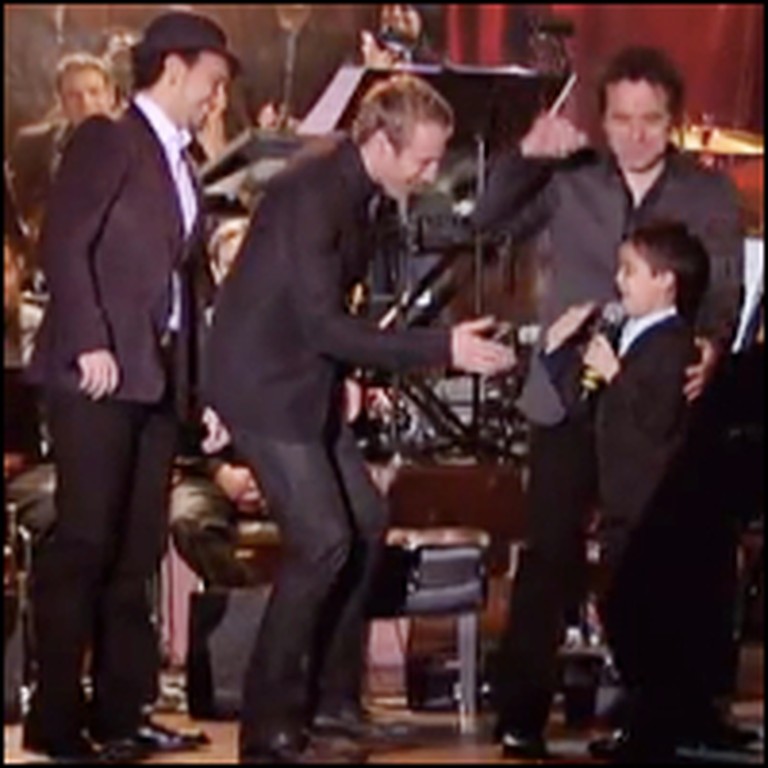
According to his own testimony and that of his son in François Reichenbach's film L'Amour de la vie (1969), he was not well received in the United States. Rubinstein made his New York debut at Carnegie Hall in 1906, and thereafter toured the United States, Austria, Italy, and Russia. Through the family of Juliusz Wertheim, whose understanding of Chopin's genius inspired Rubinstein, he formed friendships with the violinist Paul Kochanski and composer Karol Szymanowski. He also played Camille Saint-Saëns' Piano Concerto No. In 1904, Rubinstein moved to Paris to launch his career in earnest, where he met the composers Maurice Ravel and Paul Dukas and the violinist Jacques Thibaud. As a student of Barth, Rubinstein inherited a renowned pedagogical lineage: Barth was himself a pupil of Liszt, who had been taught by Czerny, who had in turn been a pupil of Beethoven.

Joseph Joachim recommended Karl Heinrich Barth as the boy's piano teacher. When he turned ten, Rubinstein moved to Berlin to continue his studies, and gave his first performance with the Berlin Philharmonic in 1900, at the age of 13. When the time comes for serious study, bring him to me, and I shall be glad to supervise his artistic education." On 14 December 1894, seven-year-old Arthur Rubinstein had his debut with pieces by Mozart, Schubert and Mendelssohn. The Hungarian violinist Joseph Joachim, on hearing the four-year-old child play the piano, was greatly impressed, telling Arthur's family, "This boy may become a very great musician-he certainly has the talent for it. His father had a predilection for the violin and offered Rubinstein a violin but Rubinstein rejected it because he thought his instinct was for harmony and polyphony. By the age of four, he was recognised as a child prodigy. Īt age two, Rubinstein demonstrated absolute pitch and a fascination with the piano, watching his elder sister's piano lessons. His United States impresario Sol Hurok, however, insisted he be billed as Artur, and records were released in the West under both versions of his name. Since Artur X (a neighbour's son) plays the violin so nicely, the baby may also become a great musician!" Thus, he was called Artur, although in English-speaking countries, he preferred to be known as Arthur Rubinstein.

Rubinstein's birth name was to be Leo, but his eight-year-old brother claimed that "His name must be Artur.

His father owned a small textile factory. He was the youngest of seven children of Felicja Blima Fajga (née Heiman) and Izaak Rubinstein. Childhood home of Artur Rubinstein at Piotrkowska Street, Łódź, PolandĪrtur Rubinstein was born in Łódź, Congress Poland (part of the Russian Empire for the entire time Rubinstein resided there) on 28 January 1887, to a Jewish family.


 0 kommentar(er)
0 kommentar(er)
